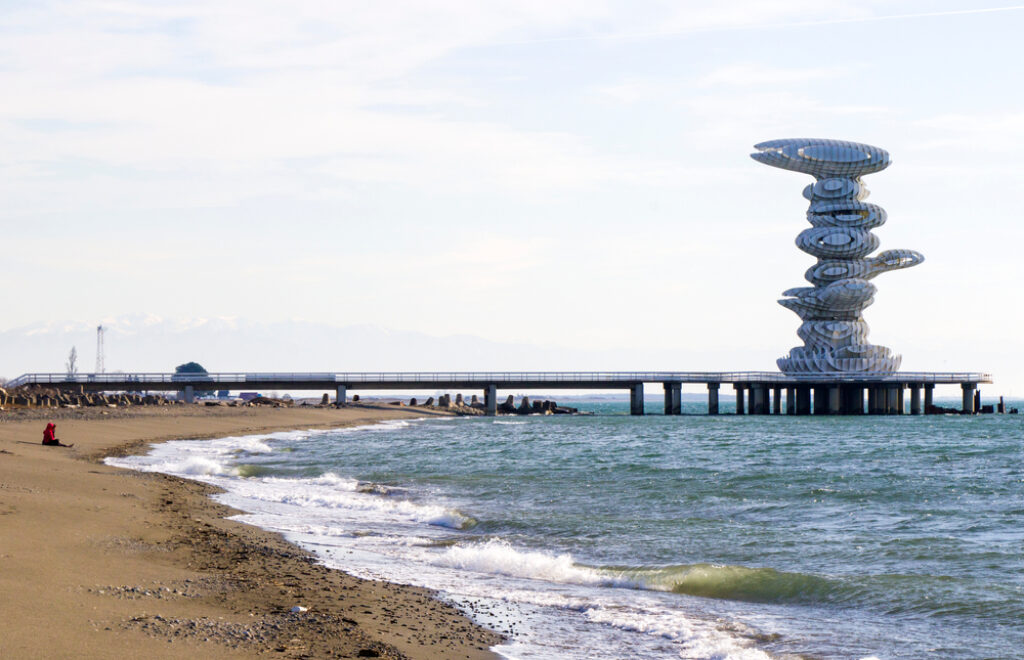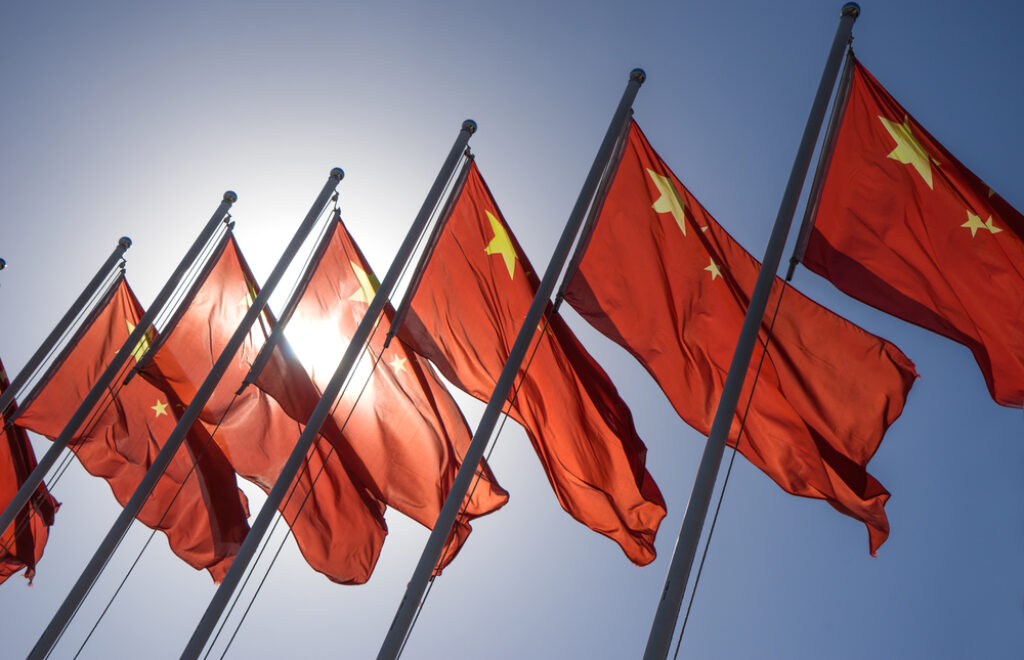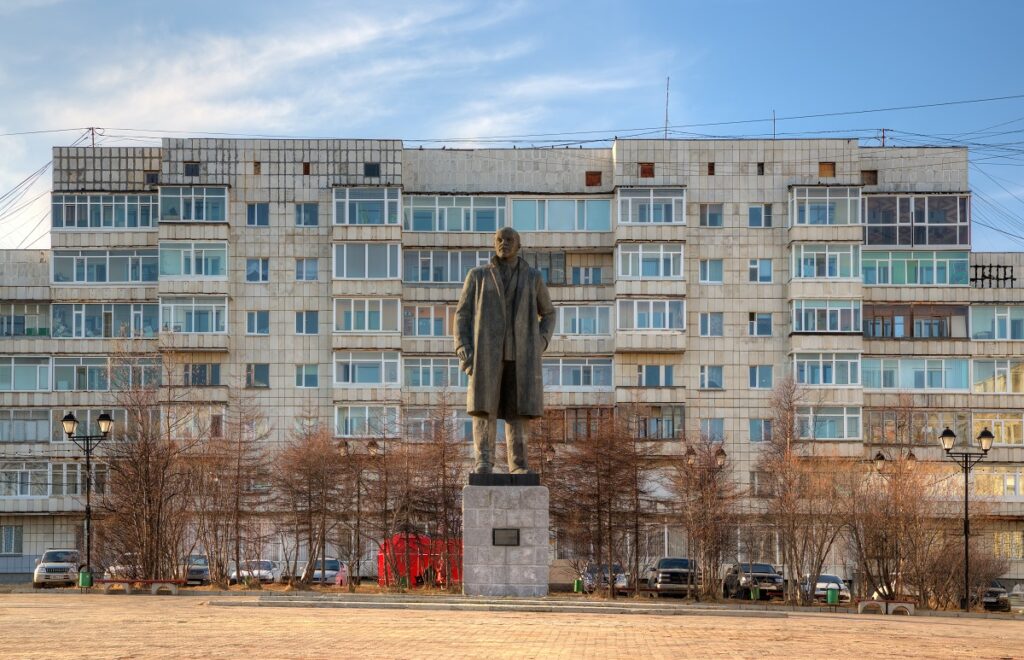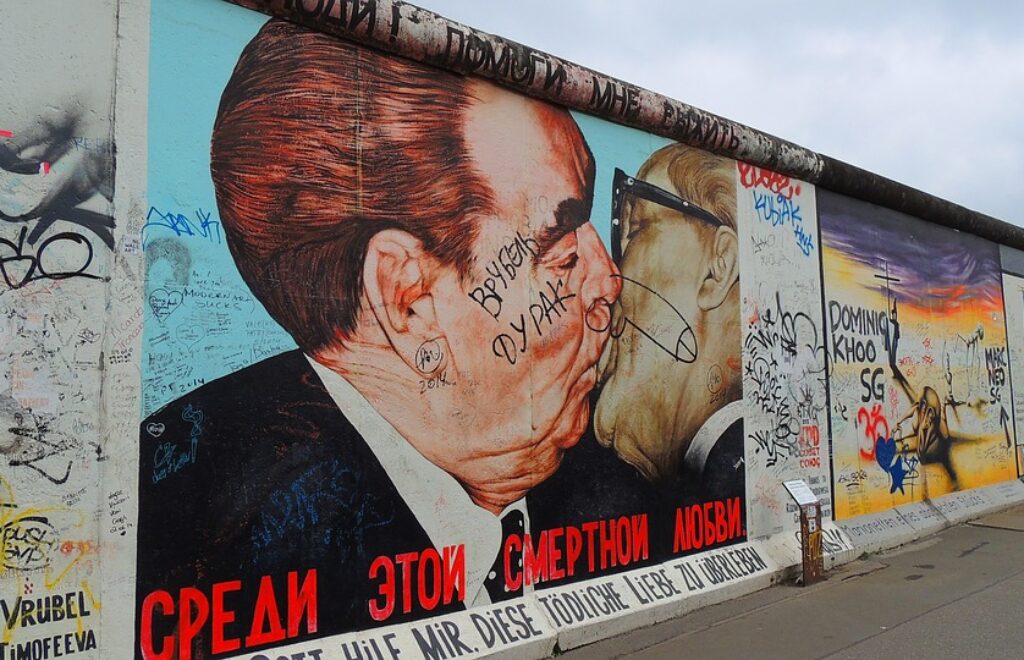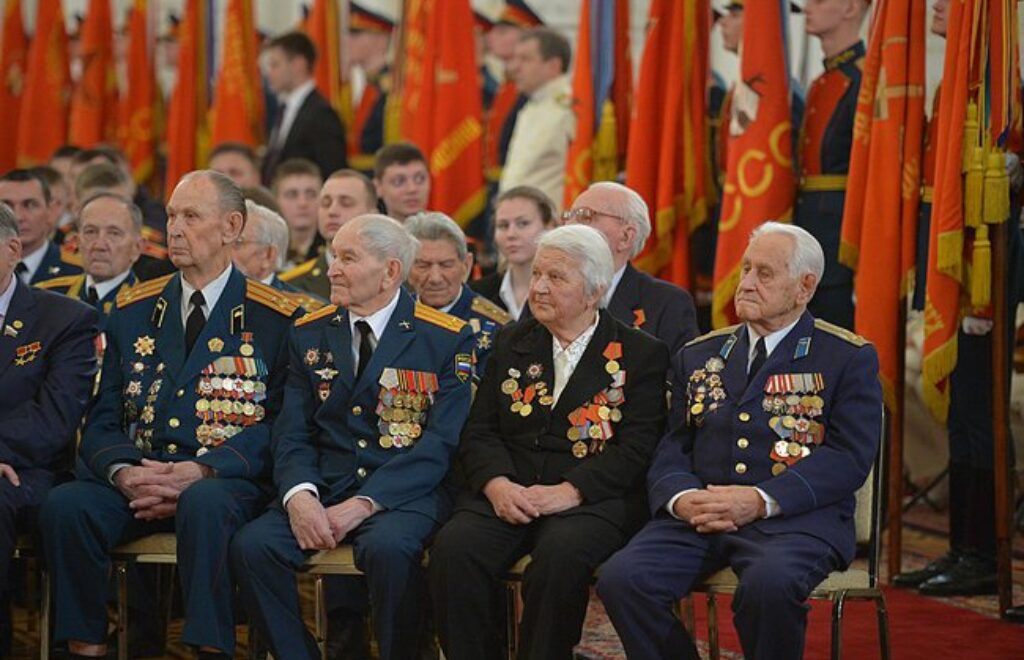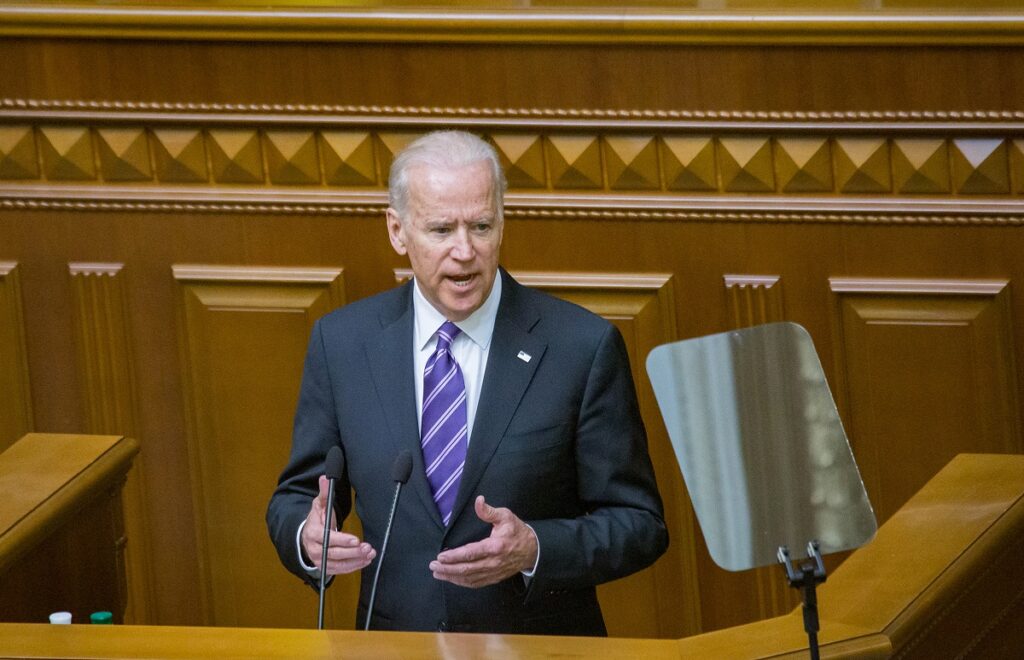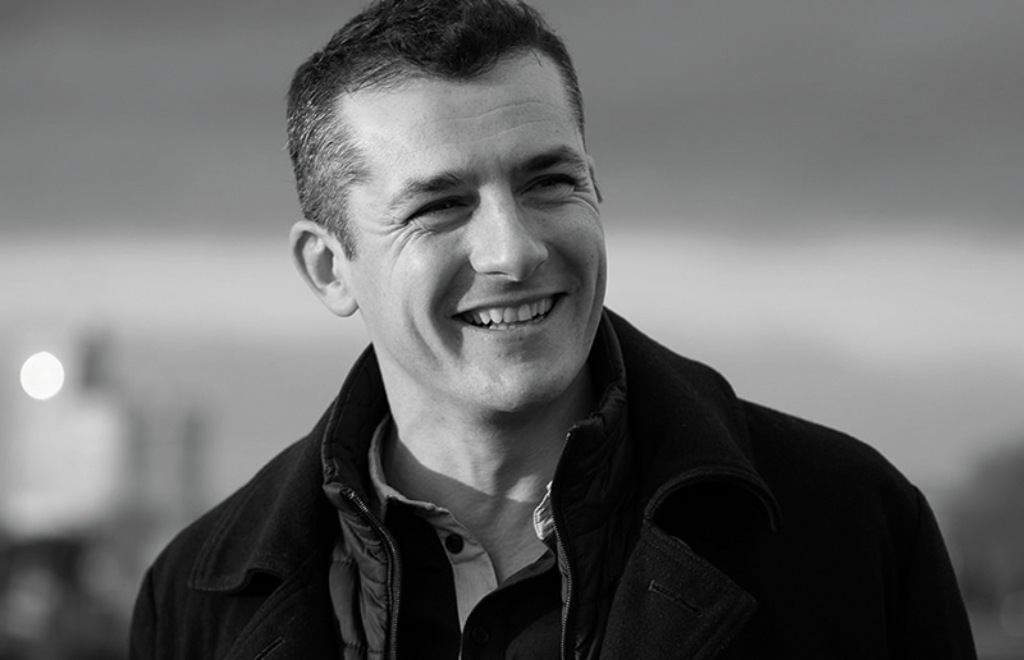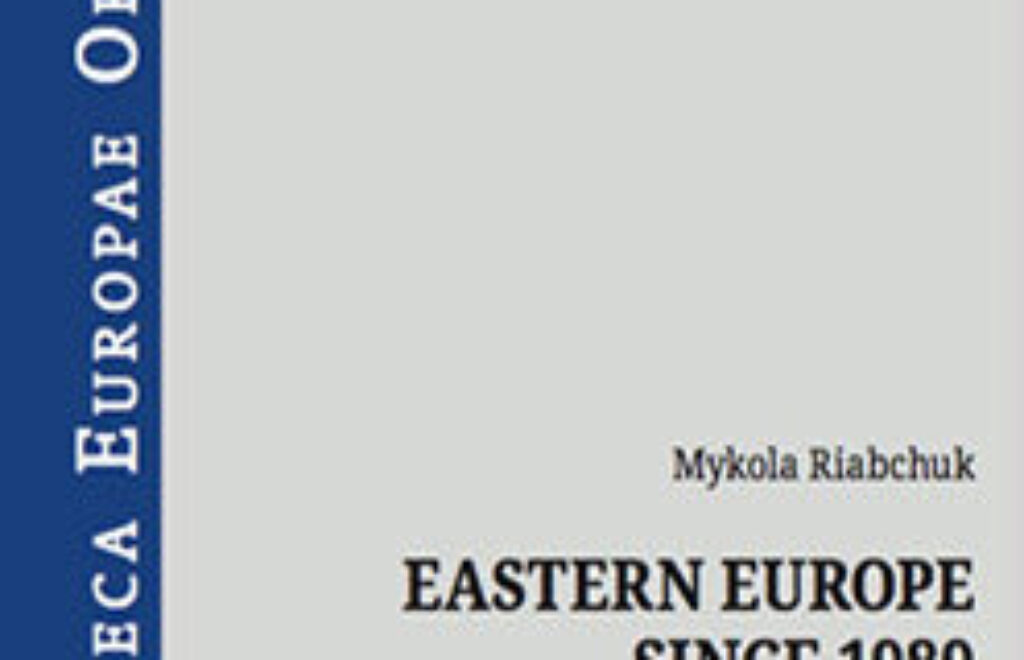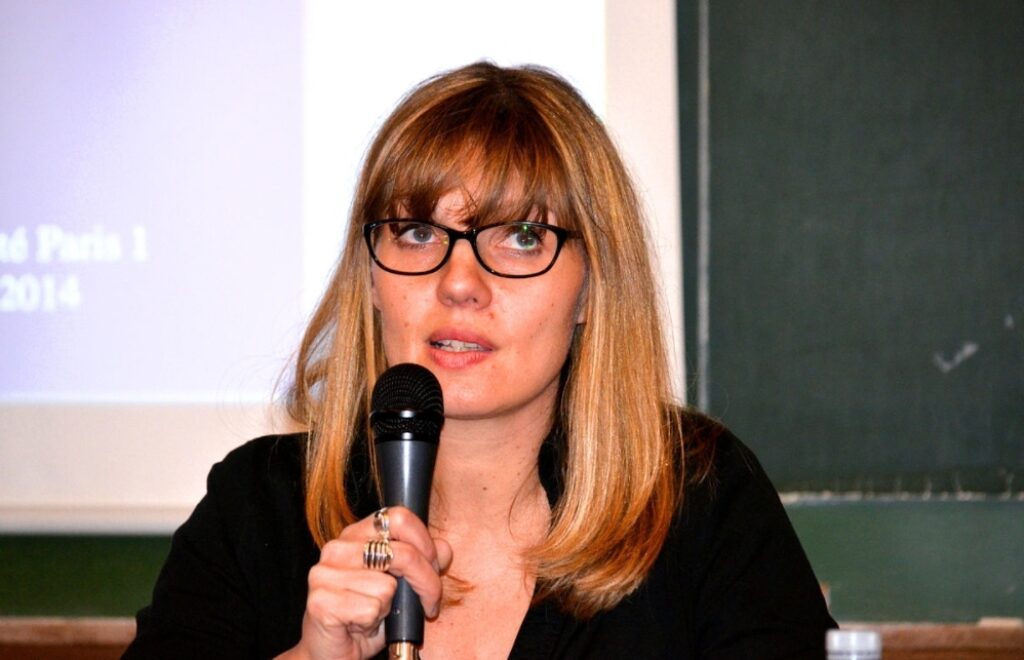Hazards to Georgia’s foreign policy: A strategic partnership with China?
In July 2023, the relationship between Georgia and China grabbed the spotlight of global attention – the two countries decided to elevate their bilateral relations to a strategic partnership and signed a subsequent agreement. Although deepening relations between sovereign states is not out of the ordinary in foreign affairs, critical questions about this particular event are looming over the horizon.
November 20, 2023 - Nino Lezhava


